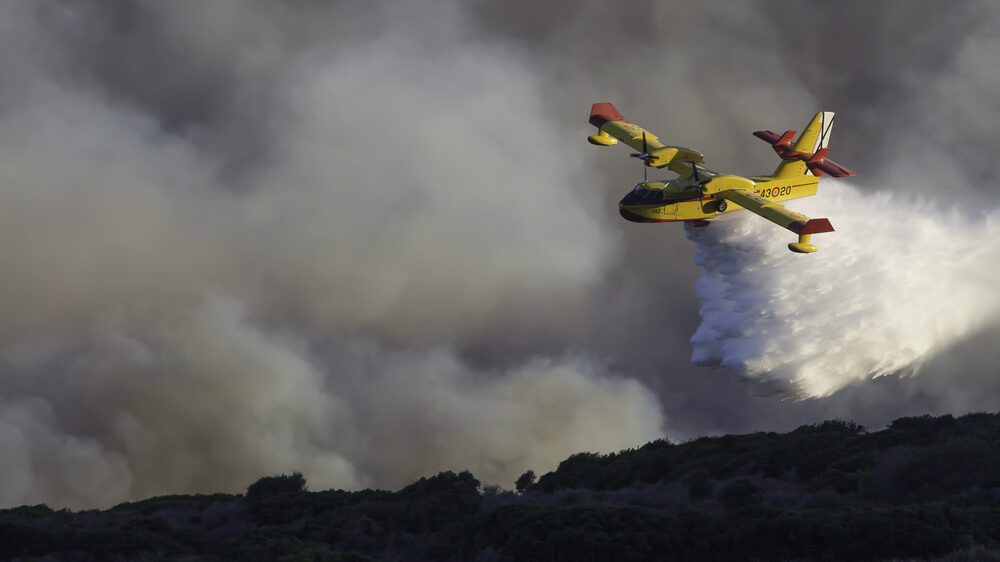Europe’s fire brigades call for coordinated approach to wildfire
- November 15, 2022
- 9:46 am


Iain Hoey
Share this content
Fire brigades in Europe are calling for an integral and coordinated approach to wildfires.
The Federation of EUropean fire officers (FEU), a network of European fire officer associations or state fire services united by a (common) has called for an improved approach to wildfire firefighting following Europe’s hottest summer on record.
European countries including France, Spain and Portugal faced devastating wildfires and health hazards associated with extreme heat, including parts of northern European countries such as Sweden and the United Kingdom which saw experienced hazardous temperatures of 40 degrees Celsius.
FEU said that the increasing temperature requires fire and rescue services, along with the rest of society, to prepare for the challenges to come – which it said does not just mean having sufficient resources, it also means investing in proper coordination both on a grassroots and macro-strategic level, up-to-date legislation with powerful enough jurisdictions and possibilities to participate in resilient urban planning.
The Federation said that fire and rescue services need to cooperate with research institutes, public authorities, private companies, individuals and local communities to ensure that the national decision-making, which has historically played a vital role in both the prevention and mitigation of a climate crisis will continue.
In addition to national efforts, FEU issued a crisis calls for international cooperation and EU funded prevention, mitigation and education programmes. If efforts are too dispersed, they will lose their impact.
FEU commended the success of EC upgraded the Civil Protection Mechanism and created rescEU, which proved to be an essential mechanism when Covid-19 broke out and when Ukraine needed immediate help.
The statement concluded: “For the European fire and rescue services, it is important to be able to take responsibility and contribute to sustainable developments and measures that will limit emissions and their impact on the climate. This is therefore a clear and shared ambition across the FEU.
“But as part of public resilience and mitigation, fire and rescue services first need resources, coordination, jurisdiction and plans to fight the effects that we are inevitably going to face.
“Such resources include staff, gear, vehicles, fire stations ICT, management systems and training. In addition, nothing can substitute a holistic approach to resilience and preparedness throughout our societies. The core purpose of fire and rescue services is to protect people and we need adequate tools and resources to do so.”



